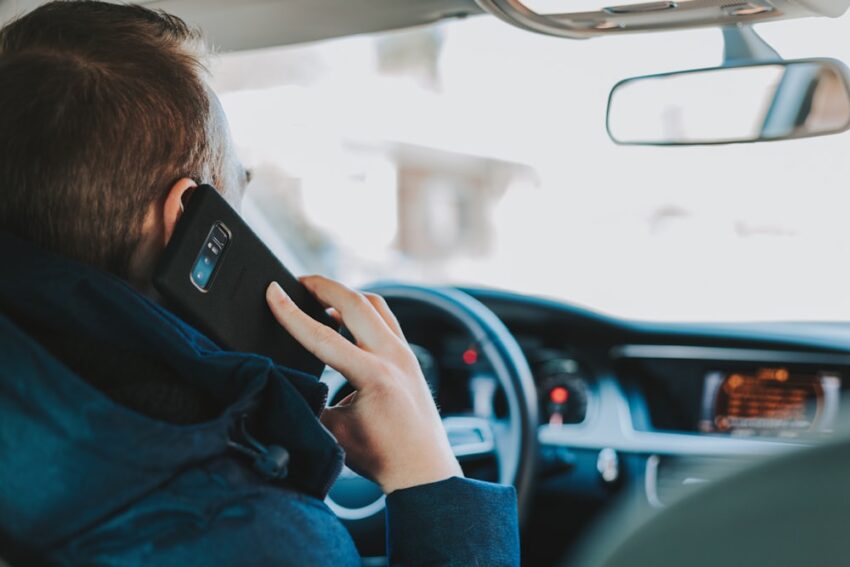In the blink of an eye, a car accident can change lives forever. Whether it’s a minor fender-bender or a major collision, injuries sustained in car accidents can be severe, leading to physical, emotional, and financial distress. In such turbulent times, understanding who bears the legal responsibility for the injuries is crucial for seeking compensation and justice.
Determining liability in a car accident isn’t always straightforward. It involves a careful examination of various factors, including the circumstances of the accident, the actions of the drivers involved, and applicable laws. Let’s delve into the intricacies of liability and explore the key parties who may be held responsible for injuries after a car accident.
Negligent Drivers
In many cases, the driver whose negligence caused the accident is held liable for resulting injuries. Negligence occurs when a person fails to exercise reasonable care, thereby causing harm to others.
Examples of negligent driving behaviors include speeding, running red lights, distracted driving (such as texting while driving), and driving under the influence of alcohol or drugs. If it can be established that the other driver’s negligence directly contributed to the accident and your injuries, you may be able to pursue compensation through a personal injury claim.
Employers
If the negligent driver was operating a vehicle within the scope of their employment at the time of the accident, their employer might also be held liable under the legal principle of vicarious liability. This typically applies to cases involving commercial vehicles, such as delivery trucks or company cars.
Employers have a responsibility to ensure that their employees are properly trained, licensed, and adhere to traffic laws while performing work-related duties. Therefore, if an employee’s negligence causes an accident, the employer may share liability for resulting injuries.
Vehicle Owners
In some situations, the owner of the vehicle involved in the accident may be held liable, even if they were not driving at the time. This could occur if the owner entrusted their vehicle to someone they knew, or should have known, was unfit to drive safely. For instance, if a vehicle owner lends their car to a friend who is visibly intoxicated and subsequently causes an accident, the owner could be held accountable for any resulting injuries.
Manufacturers
In rare cases, car accidents may be caused by defects in the vehicle itself. If a defective part or component contributed to the accident or exacerbated injuries, the manufacturer or distributor of the faulty product could be held liable under product liability laws. Common examples of defective automotive products include faulty brakes, defective tires, or malfunctioning airbags. In such cases, injured parties may pursue compensation from the manufacturer through a product liability claim.
Government Entities
In accidents involving hazardous road conditions or poorly maintained infrastructure, government entities responsible for road maintenance may be held liable for resulting injuries. Examples of hazardous road conditions include potholes, inadequate signage, and malfunctioning traffic signals.
Claims against government entities can be complex due to sovereign immunity laws, which limit the government’s liability in certain situations. Therefore, pursuing compensation from a government entity typically requires compliance with specific procedures and deadlines.
In any car accident case, gathering evidence is crucial for establishing liability and proving the extent of injuries. This may include police reports, witness statements, photographs of the accident scene, medical records, and expert testimony. Consulting with a skilled personal injury attorney can help you navigate the legal process, protect your rights, and pursue fair compensation for your injuries.
It’s important to note that each car accident case is unique, and liability determinations depend on the specific facts and circumstances involved. Therefore, if you’ve been injured in a car accident, seeking legal guidance from an experienced attorney is essential for understanding your rights and options for pursuing compensation.
In conclusion, determining liability for injuries after a car accident involves a thorough investigation of various factors, including the actions of the drivers, vehicle owners, employers, manufacturers, and government entities. By identifying the party or parties responsible for the accident, injured individuals can seek justice and compensation for their losses, helping them rebuild their lives and move forward after a traumatic event.

